5 Dirty Financial Secrets of Homeownership

5 Dirty Financial Secrets of Homeownership
Here's the guide to the top five expenses that you don't expect when you buy a house.
Written by Liz Bayardelle, PhD | See Comments | Updated 06/03/2019
Want to cut to the chase?
Failproof Monthly Budget
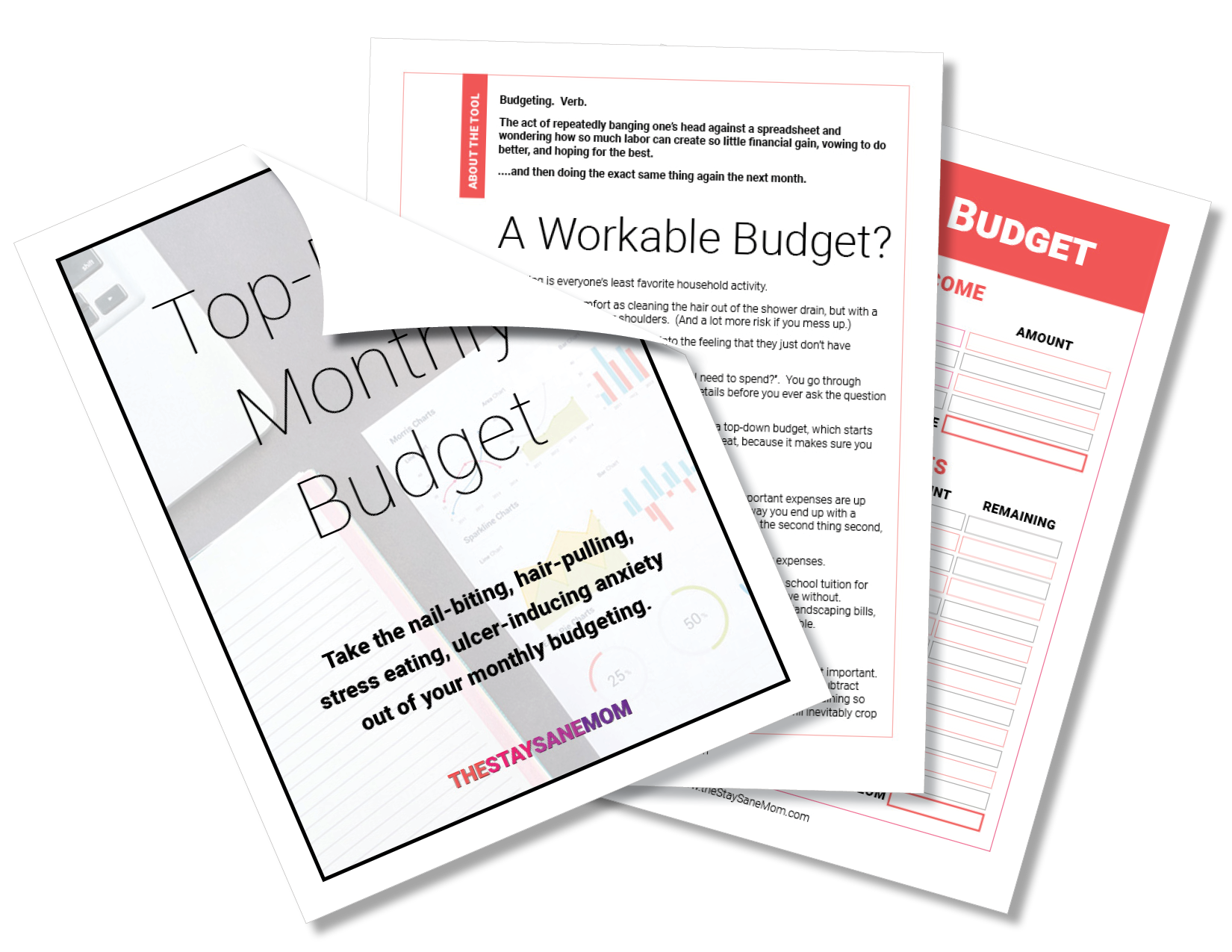
5 Dirty Financial Secrets of Homeownership
This post contains some affiliate links for your convenience. Click here to read my full disclosure policy.
Unfortunately, this isn't one of those blog post is going to leave you feeling all warm and fuzzy.
More likely they will leave you a little bit shell-shocked and feeling like you need to go get a second job or create a really big spreadsheet. Maybe both. (Finances have that effect on people.)
However, my intent isn't just barely depress you, it's to make sure you know what you're getting into and can plan for it accordingly. Financial emergencies are hell when they happen by accident, but when you know they're coming it just becomes a puzzle game to see if you can figure out how to prepare for things appropriately.
Hidden Expenses in Home Ownership
I vividly remember the feeling after my husband and I bought our first real home.
We had budgeted very carefully to make sure we can make our mortgage payments as well as our other lifestyle expenses (like food and stuff), but for some strange reason, we kept missing our budget anyway!
Now, missing your budget can happen for a variety of reasons. I've talked about this in several blog posts, like this one on why you keep missing your budget, this one on how to manage your finances after buying a house, and this one on how to create a failproof budget, but unfortunately two posts can never possibly account for all the things that can go wrong in a budget.
It turns out, buying your house (or at least making the down payment on it) and picking your mortgage (FHA loans, ITIN mortgages, and fixed mortgages...oh my!) is only a small percentage of the actual expenses of home ownership.
This was unfortunate news to me.
So, as an older, wiser, and more penny-pinching budgeter now, and providing you with this guide to all the secret expenses that come with owning a house. Hopefully this will help you stop for houses that will actually be affordable in the long-term (if you haven’t made that purchase yet) and budget for these expenses (if you already own a house).
These are the top five expenses that you don't expect when you buy a house.
#1 Hidden Home Fees
Depending on the type of neighborhood you live in, there can be a multitude of different fees that you don't really expect.
If you live in a gated community (or even some that aren't gated) you will most likely have a homeowners association fee. This is usually dependent in price on the “classiness” of your neighborhood. (According to Investopedia, the average homeowners association fee is $331 monthly. To me this sounds a little high, but who am I to doubt the internet?)
In our area we know we have a neighborhood homeowners association, but a local area homeowners association, which bills quarterly on top of the monthly dues for our neighborhood homeowners association.
Again, please like this vary from area to area, so make sure you do your due diligence when your house shopping to figure out exactly what homeowners association fees you're getting yourself into.
#2 Bills, Bills, Bills
Even though you think you know all the bills that come from owning a house, you really don't until you have been there.
You have an electric bill, a gas bill, water bill, possibly a bill for solar panels if your house has them, you pay quarterly (or monthly) for waste removal or recycling... the list goes on and on and on.
This include so-called “fun” bills like cable, heating your pool, or your Netflix subscription.
I don't really think there's any realistic way to prepare yourself for all of these bills, because they will crop up out of nowhere oh, but I would add a solid couple hundred dollars in your budget for “unexpected bills” for the first 6 months or so just to be on the safe side. Worst case scenario, you have a little extra padding in your budget; best case scenario it saves your neck.
#3 Death and Taxes (Well, Just Taxes Actually)
I don't think anything could have prepared me for just how high property taxes are. I mean, you know it's coming, but it's still a shock every single year when you get that bill.
When you are shopping for a house, you definitely know to factor the mortgage payments into your budget each month. (Duh.)
However, property taxes come in the mail but once a year (or two payments, but one horrible envelope) like a reverse lottery ticket. It can't go into your monthly budget, because it doesn't happen monthly, but if you don't plan for it and can be stranded up a very specific creek without a rowing implement.
I go into one solution for how to deal with yearly expenses in my post on one trick to make you hit your budget every month, but however you deal with property taxes, just make sure that they don't catch you by surprise.
#4 Regular Maintenance
The type of Maintenance your house will need depends greatly on the area you live in and the specific house you buy.
Typical expenses are exterminator bills, air conditioner or heater maintenance, Landscaping bills, and regular upkeep for your large appliances. if you bought a house with a pool or a large yard, that will need maintaining as well. If you bought in an area with a funky water supply (cough, cough, my area) you might have to do a solid amount of repiping to avoid pinpoint leaks.
Again, this is not something you can fully know before you go into the situation. While you can take steps to minimize the risk of some maintenance issues, such as AC humidity problems, other faults can still occur. Once you live someplace, stuff will begin to break, but you will get a good feel for how often everything needs to be maintained.
In short, just plan that you are going to spend a little more than you think on maintenance and you will probably turn out okay.
#5 Emergencies
The final thing that can think your budget is unplanned emergencies.
While regular maintenance is stuff that happens predictably I had repeatedly on an ongoing basis, emergencies are things that happened unpredictably, without warning, and out of the blue.
There is no way to predict when emergencies will occur, there is a way to prepare for them anyway: the emergency fund.
The process of creating an emergency fund is simple.
-
Open a savings account that is just for your emergency fund. Nothing else goes into or comes out of it.
-
Every month, put a few hundred dollars aside into your emergency fund. (You should treat this with the same level of importance as you do your actual bills, not the “I'll do it if I have enough money at the end of the month” attitude with which you treat your other savings accounts. This one is special.)
-
The almighty Dave Ramsey recommends that you work towards having an emergency fund equal to six months of your salary (or overall household income), so keep contributing to it regularly until you hit whatever that dollar amount is.
-
If a major emergency happens around the house, you can now take money out of the savings account to fix it without going into debt or wrecking that month’s budget.
-
After you take money out of your emergency fund, make sure to restart your monthly contributions until your emergency fund account balance is back up to whatever amount you decided men to you were “fully funded” before (i.e. six months’ salary).
The only challenging part about an emergency fund is the definition of the word “emergency”. You really do have to exercise some just flown here. A burst pipe is an emergency, taking a vacation is not. Your air conditioner going out in the middle of summer is an emergency, renovating your bathroom is not.
However, if you actually stick to the discipline of creating, funding, and properly utilize an emergency fund, it can take all of the stress out of homeownership, at least financially speaking. You still have to clean the thing.
Start Your Next Step
Failproof Monthly Budget

Get Sanity, Delivered to Your Inbox.
Care to Share?
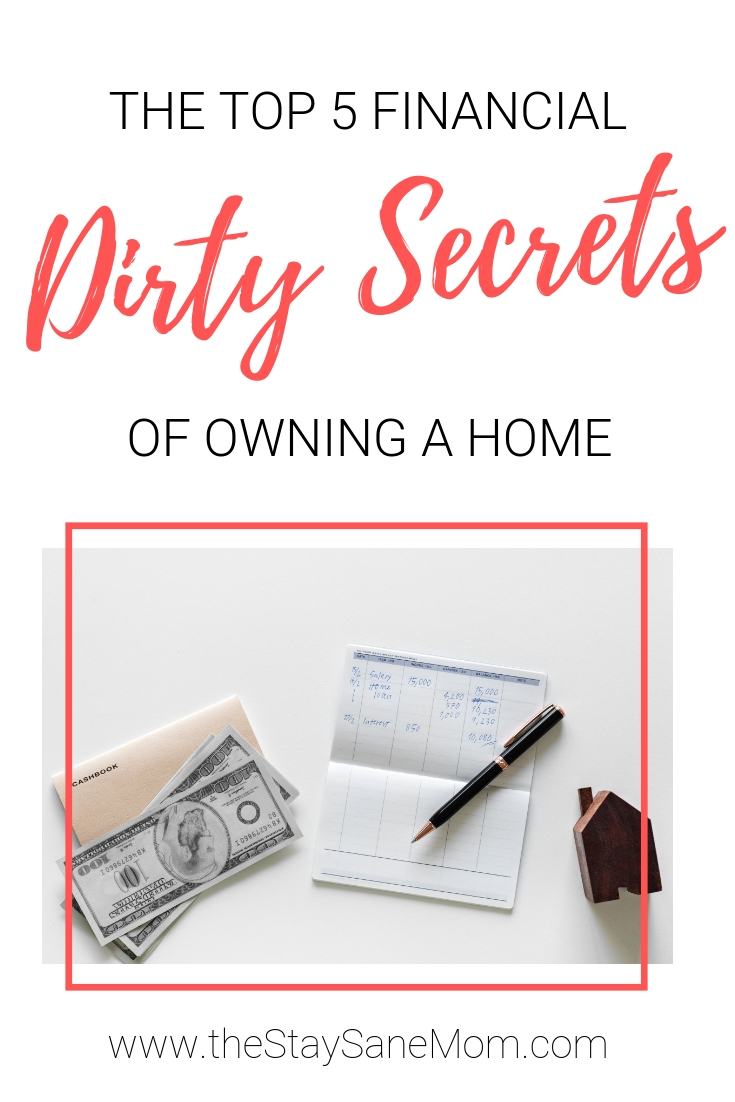

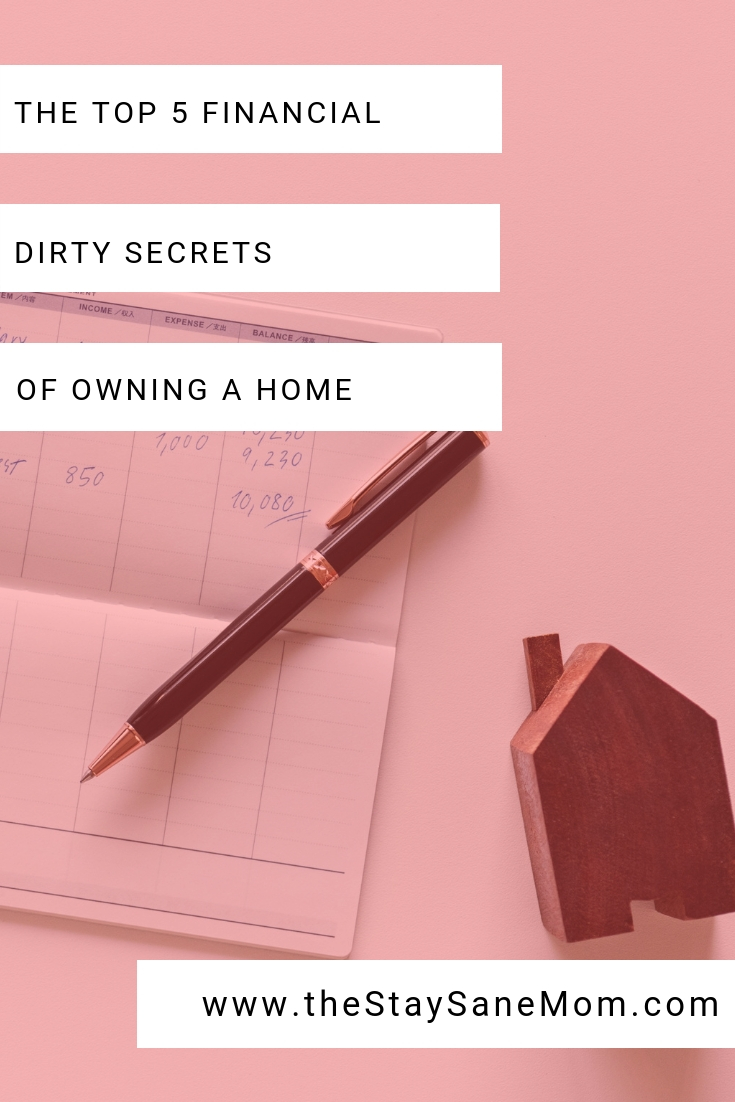
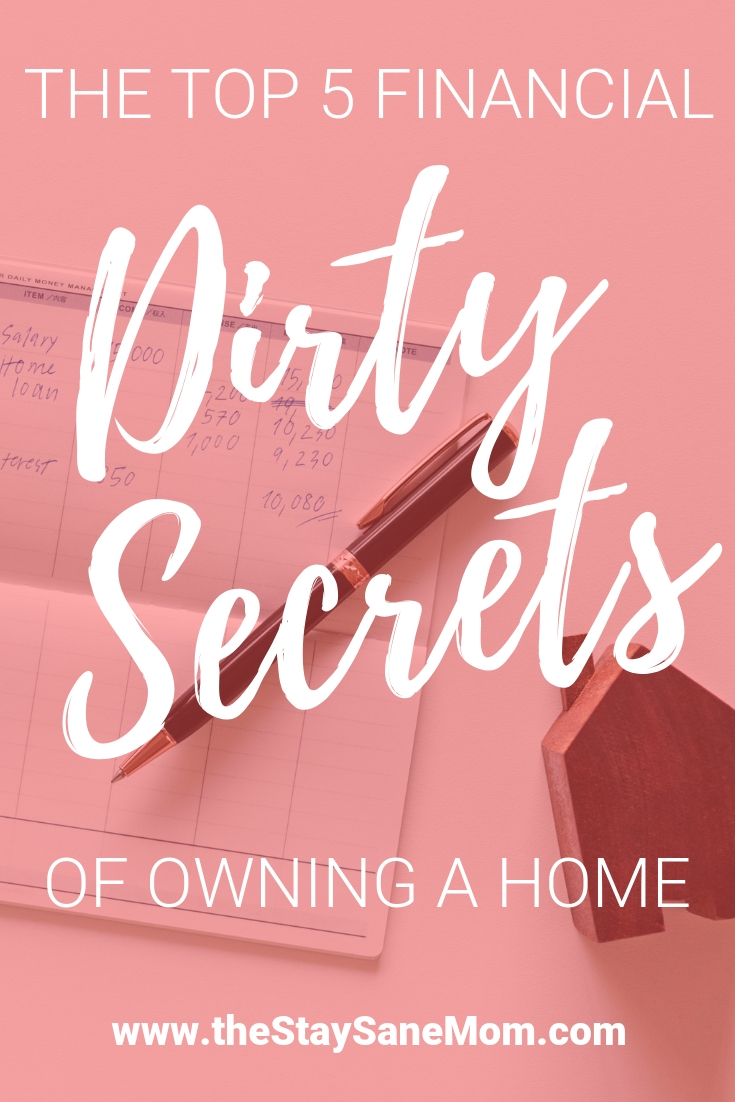
About the Author

Liz Bayardelle, PhD
Founder | Contributor
Liz (or Dr. Mommy, as her toddler started calling her after learning what a PhD was) is the happily sleep-deprived mom of a toddler (and professional raccoon noise impersonator), a sparkle-clad kidnado, a teenage stepdaughter, 200 cumulative pounds of dog, and herd of dustbunnies (if daily vacuuming doesn't occur). During nights and naptimes, she uses her PhD in business psychology as an author, speaker, and consultant. She also serves as an executive and principal for three companies, two of which she co-founded with her very patient (and equally exhausted) husband.



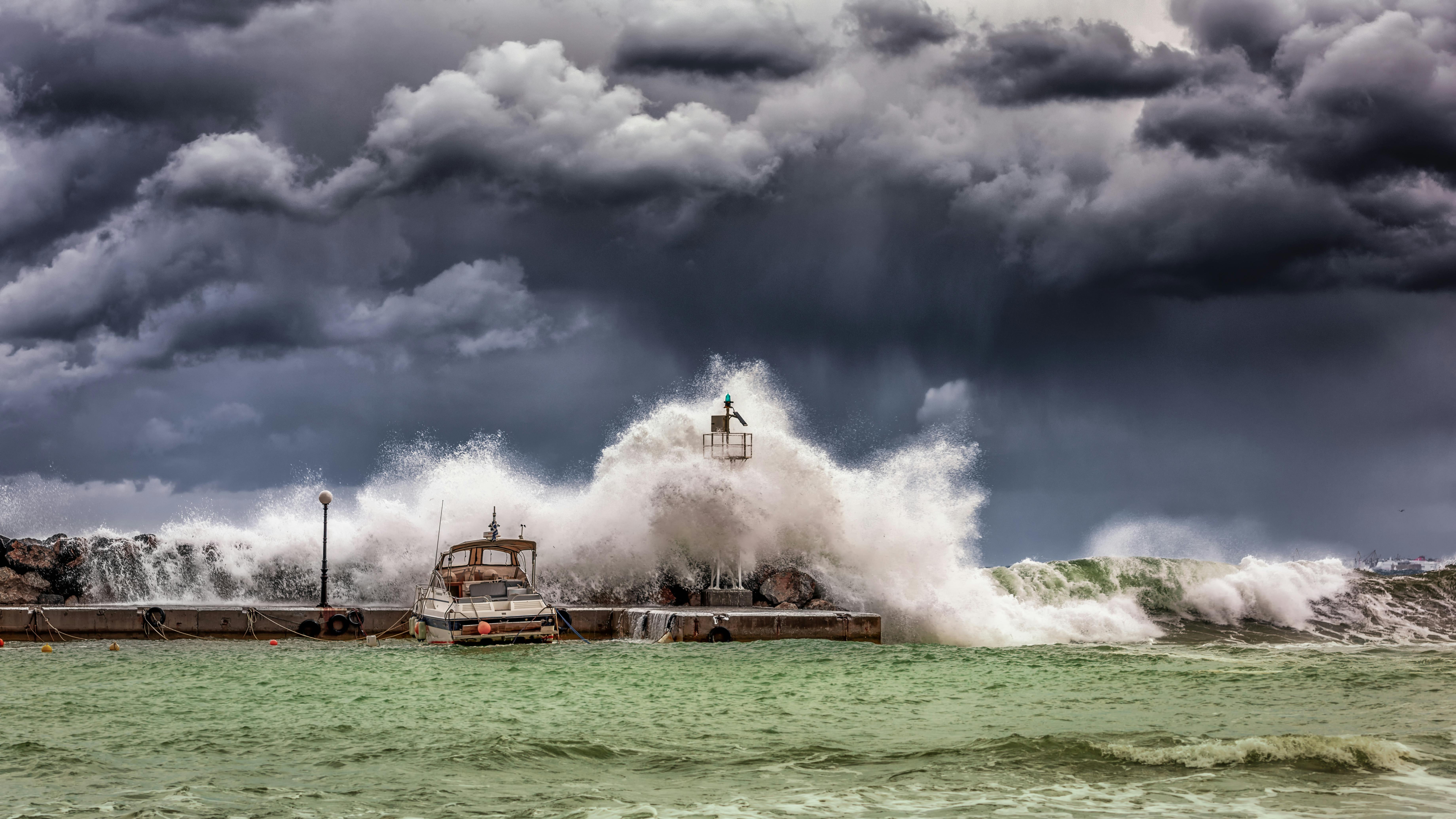

-Budget.jpg)